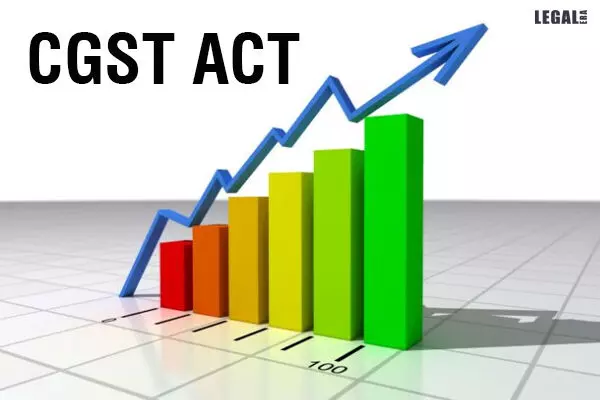- Home
- News
- Articles+
- AI
- Aerospace
- Agriculture
- Alternate Dispute Resolution
- Banking and Finance
- Bankruptcy
- Book Review
- Bribery & Corruption
- Commercial Litigation
- Competition Law
- Conference Reports
- Consumer Products
- Contract
- Corporate Governance
- Corporate Law
- Covid-19
- Cryptocurrency
- Cybersecurity
- Data Protection
- Defence
- Digital Economy
- E-commerce
- Employment Law
- Energy and Natural Resources
- Entertainment and Sports Law
- Environmental Law
- FDI
- Food and Beverage
- Health Care
- IBC Diaries
- Insurance Law
- Intellectual Property
- International Law
- Know the Law
- Labour Laws
- Litigation
- Litigation Funding
- Manufacturing
- Mergers & Acquisitions
- NFTs
- Privacy
- Private Equity
- Project Finance
- Real Estate
- Risk and Compliance
- Technology Media and Telecom
- Tributes
- Zoom In
- Take On Board
- In Focus
- Law & Policy and Regulation
- IP & Tech Era
- Viewpoint
- Arbitration & Mediation
- Tax
- Student Corner
- ESG
- Gaming
- Inclusion & Diversity
- Law Firms
- In-House
- Rankings
- E-Magazine
- Legal Era TV
- Events
- News
- Articles
- AI
- Aerospace
- Agriculture
- Alternate Dispute Resolution
- Banking and Finance
- Bankruptcy
- Book Review
- Bribery & Corruption
- Commercial Litigation
- Competition Law
- Conference Reports
- Consumer Products
- Contract
- Corporate Governance
- Corporate Law
- Covid-19
- Cryptocurrency
- Cybersecurity
- Data Protection
- Defence
- Digital Economy
- E-commerce
- Employment Law
- Energy and Natural Resources
- Entertainment and Sports Law
- Environmental Law
- FDI
- Food and Beverage
- Health Care
- IBC Diaries
- Insurance Law
- Intellectual Property
- International Law
- Know the Law
- Labour Laws
- Litigation
- Litigation Funding
- Manufacturing
- Mergers & Acquisitions
- NFTs
- Privacy
- Private Equity
- Project Finance
- Real Estate
- Risk and Compliance
- Technology Media and Telecom
- Tributes
- Zoom In
- Take On Board
- In Focus
- Law & Policy and Regulation
- IP & Tech Era
- Viewpoint
- Arbitration & Mediation
- Tax
- Student Corner
- ESG
- Gaming
- Inclusion & Diversity
- Law Firms
- In-House
- Rankings
- E-Magazine
- Legal Era TV
- Events
Madhya Pradesh High Court: No provision for condonation of delay in filing appeals under CGST Act

Madhya Pradesh High Court: No provision for condonation of delay in filing appeals under CGST Act
The timeframe is calculated from the day the appellant is communicated about the decision or order
The Madhya Pradesh High Court has ruled that under the Central Goods and Services Tax (CGST) Act, 2017, the appellate authority cannot entertain an appeal filed beyond three months, with an additional one-month extension. That’s because there’s no provision for condonation of delay in the Act.
The petitioner, Gyan Cement House did not dispute the availability of an alternative statutory remedy of appeal under Section 107 of the CGST Act. However, it argued that it recently became aware of the impugned order. But by then the prescribed time for filing the appeal had expired. The petitioner thus approached the High Court.
The bench of Justice Sheel Nagu and Justice Avanindra Kumar Singh emphasized that nearly six years had passed since the CGST Act came into effect in 2017. Since the teething issues were over, the provisions of Section 169(1) of the Act must be strictly followed without implying that certain details were not mentioned clearly.
The Judges observed that the appellate authority could not entertain an appeal filed beyond the prescribed time-limit, plus the one-month extension. The timeframe was calculated from the day the appellant was communicated about the decision or order. But in the petitioner’s case, there was a factual dispute about the date of communication of the impugned order.
However, the bench declined to delve into the merits of the matter. It directed the petitioner to file an appeal before the competent authority. The authority would examine the date of communication to determine whether the appeal was filed within the prescribed period. If it was within the timeframe and no other legal bar existed, the appeal would be decided on its merits.


